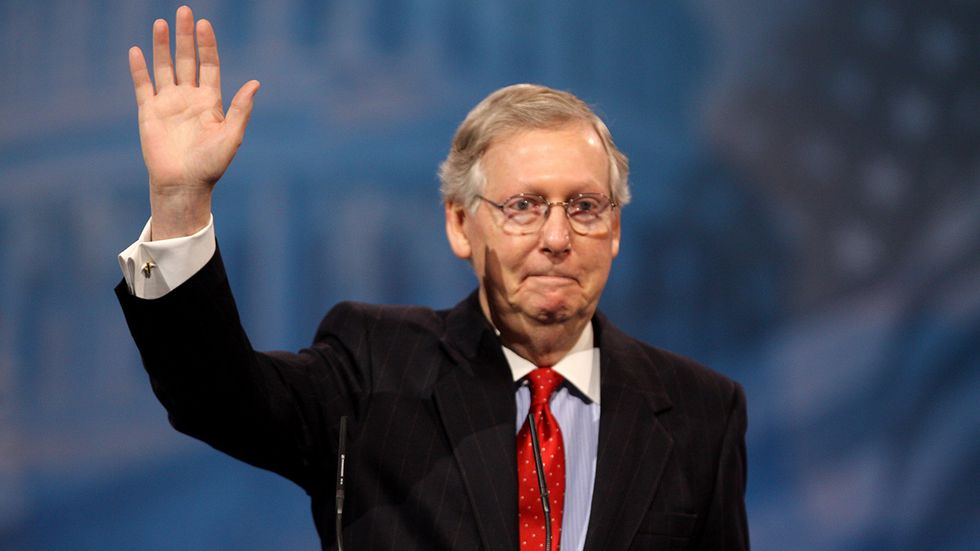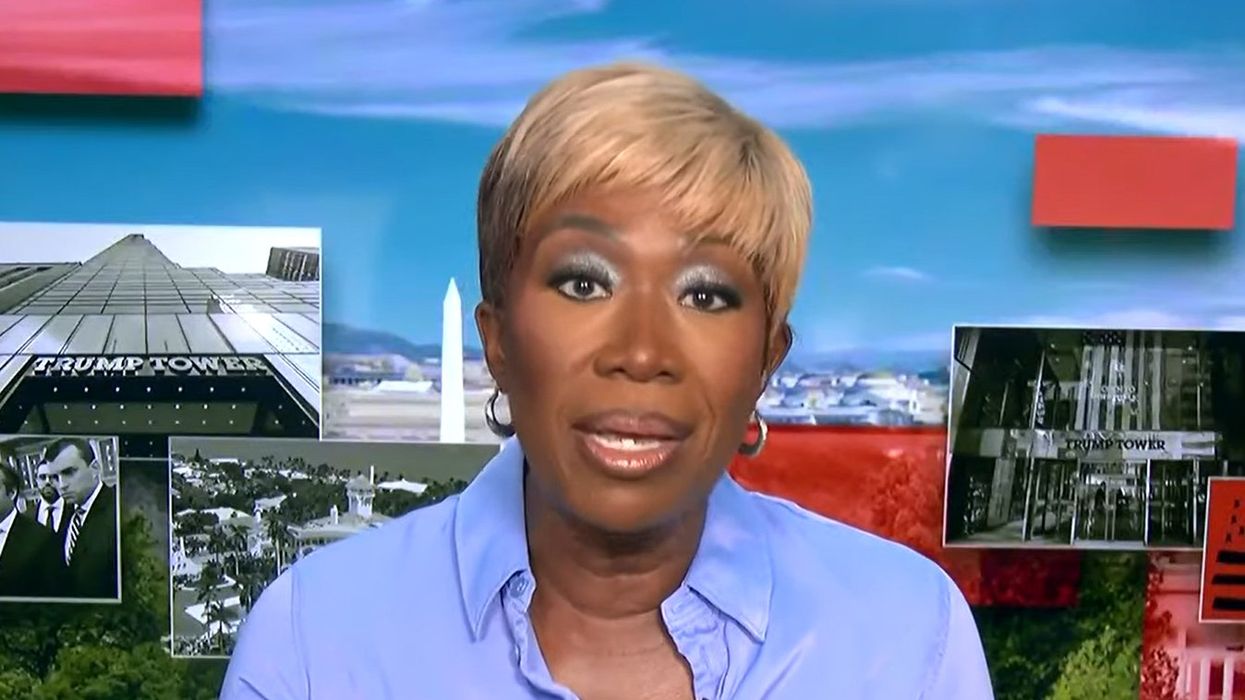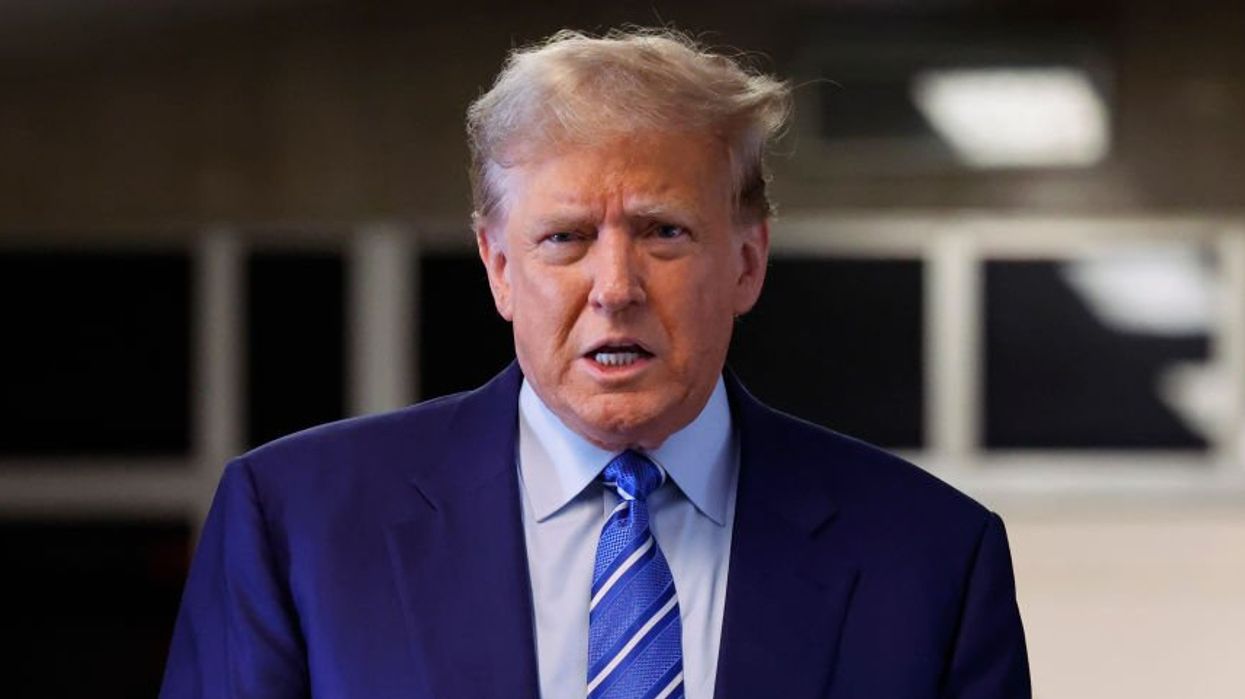
© 2024 Blaze Media LLC. All rights reserved.
You might have heard news stories about Senate Republicans voting to repeal the Dodd-Frank takeover of the financial services industry, which was signed into law by Obama in 2010. Unfortunately, the bill winding through the Senate does not repeal the heart and soul of Dodd-Frank, much like Congress’ health care bills didn’t repeal the core of Obamacare.
We’re more than two months into 2018, and the GOP has failed to accomplish a single conservative reform. Republicans didn’t even make the successful tax cuts permanent.
One consensus issue among Republicans for many years was to at least partially repeal the Dodd-Frank financial regulations, most notably the Consumer Financial Protection Bureau (CFBP). Last June, the House, led by Financial Services Committee Chairman Jeb Hensarling, R-Texas, passed a bill repealing the CFBP. Rather than immediately pass the bill in the Senate and use known Senate procedures to get around the filibuster, the Senate dithered and created a bipartisan bill that barely touches the key elements of the law. The Senate bill, S. 2155, keeps the CFBP intact.
Dodd-Frank is the death panel of our economy
Dodd-Frank is the almost forgotten disaster of the Obama years – the Obamacare of the financial markets. It was 2,300 pages long and led to the promulgation of over 23,000 pages of regulations. Among its other onerous provisions enshrining “too big to fail” into law, the bill created the CFBP to limit the choices of consumers in financial markets, thereby making it harder and more expensive to obtain credit. Credit is the lifeblood of start-up businesses, and the government’s heavy-handed tightening of the market prolonged the recession for years. This unaccountable agency operates autonomously within the Federal Reserve and is not subject to congressional appropriations or oversight.
Unlike other constitutionally dubious “independent” commissions that wield much less power, the CFPB is controlled by a single director instead of a multi-member commission. That individual has the ability to legislate as a body of one over the most important economic decisions. The CFPB director now operates as an independent “fourth branch” czar over the most important aspects of financial services, including mortgages, student loans, credit cards, and all banking practices. The director wields both the “legislative” power to regulate and the enforcement power over 19 consumer-protection statutes previously handled by seven multi-member agencies. The current acting director, Mick Mulvaney, happens to detest this agency and is trying to limit its power, but unless the office is abolished, it will return to its financial tyranny the next time the Democrats assume power.
An American Action Forum study in 2015 estimated that all the regulation and stagnation from the Dodd-Frank Act will cost the economy just under $1 trillion — or over $3,300 for every working-aged person in the U.S. — from 2016 to 2025. According to another study, it has already cost over 83 million hours in paperwork and $39 billion in compliance costs for small businesses and banks and resulted in a 14.5 percent drop in consumer credit, further stifling economic growth and job creation.
Yes, 23,000 pages of regulations will do that to you. And we wonder why it took years for the economy to recover.
Mini-repeal is good, but if "60 votes" prevent us from doing anything else, turn out the lights
The Senate bill, unlike the House bill, does not touch the CFBP, nor does it end the Financial Stability Oversight Council, the permanent slush fund that codifies “too big to fail” into law to bail out banks. Moreover, the bill fails to address the root cause of the financial crisis in 2008 – government’s intervention in the housing and mortgage markets through Fannie Mae and Freddie Mac. One of the forgotten stories of last month is that Fannie and Freddie are requesting billions more in bailouts.
The Senate bill does, however, contain some partial relief for smaller banks. It raises the threshold that triggers extra regulatory scrutiny on banks from $50 billion in assets to $250 billion or more in assets and exempts banks with fewer than $10 billion in assets from the “Volcker Rule,” the restriction on investing the bank’s own funds via bond trading. These provisions will help stop the bleeding of community banks, and for this provision alone, it is worth passing this bill rather than nothing. But remember that the CFBP can essentially reimpose almost every regulation that is repealed in this bill, now that it will remain as a permanent fourth branch of government.
GOP leaders will contend that this is the price of getting 60 votes. And indeed, this bill would be better than nothing and the best thing Republicans have passed in months. But if they continue to hide behind the 60-vote threshold instead of forcing a talking filibuster, then this minor bill will not be enough of a narrative to run on in November.
Let’s not forget that regulatory repeal and reform is one of the few policy sweet spots that unites the conservative base and the GOP donor class and also appeals to most middle-of-the-road voters in this country. We should strive for so much more on this front, yet Republicans are not repealing some of the worst regulations of all, such as Obamacare, Sarbanes-Oxley, the ethanol mandate, and increased CAFE standards, and they are not even passing the REINs Act out of the Senate, which was the most consensus piece of legislation within the GOP. They won’t even pass budget reconciliation, which gives them one shot at passing something transformational without the filibuster, as they did with the tax cuts.
Trump has done a lot to overturn Obama’s 11th-hour executive regulations (although the courts are re-legislating many of them), but most of the big regulatory burdens on the economy will require congressional intervention. A partial repeal of Dodd-Frank is not enough. If Democrats impose dozens of transformational regulations and market interventions every time they assume power, while Republicans merely tweak around the edges of a few of them, we will continue our inexorable march to socialism.
#mc_embed_signup{background:#fff; clear:left; font:14px}
/* Add your own MailChimp form style overrides in your site stylesheet or in this style block.
We recommend moving this block and the preceding CSS link to the HEAD of your HTML file. */
Want to leave a tip?
We answer to you. Help keep our content free of advertisers and big tech censorship by leaving a tip today.
Want to join the conversation?
Already a subscriber?
Blaze Podcast Host
Daniel Horowitz is the host of “Conservative Review with Daniel Horowitz” and a senior editor for Blaze News.
RMConservative
more stories
Sign up for the Blaze newsletter
By signing up, you agree to our Privacy Policy and Terms of Use, and agree to receive content that may sometimes include advertisements. You may opt out at any time.
© 2024 Blaze Media LLC. All rights reserved.
Get the stories that matter most delivered directly to your inbox.
By signing up, you agree to our Privacy Policy and Terms of Use, and agree to receive content that may sometimes include advertisements. You may opt out at any time.



